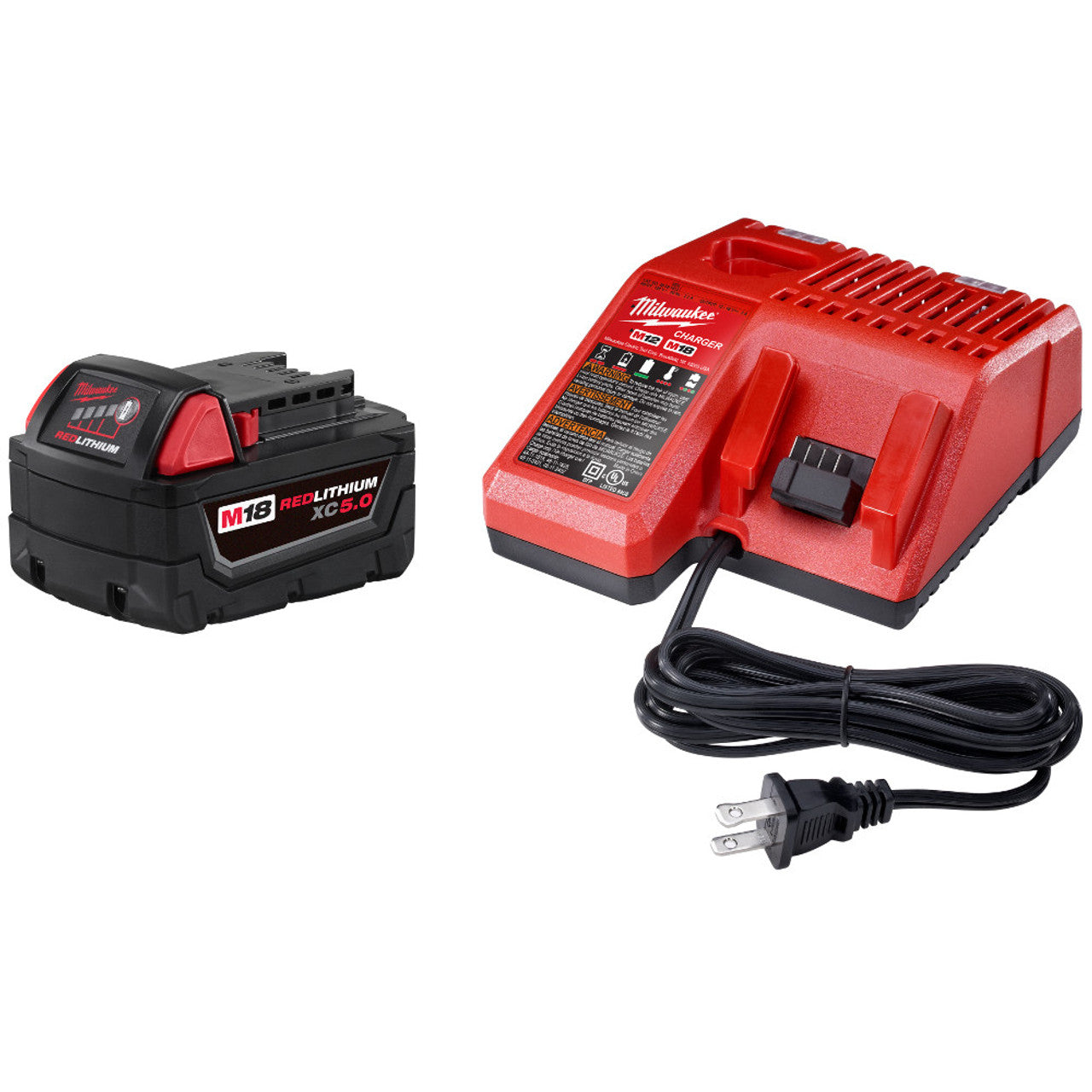You may be a seasoned mechanic with years of projects under your belt or just dipping your toes into DIY. Regardless, having the right protective gear is a game changer for safety and efficiency.
Nitrile gloves have become a go-to choice for mechanics everywhere, providing solid comfort and protection against the many chemicals and substances you handle daily.
Nitrile gloves offer the durability and resistance you need to keep your hands safe while maintaining your grip on your tools while working. This is especially valuable when you’re handling greasy engine parts and harsh cleaning solvents.
However, with so many different options out there, knowing how to pick the right gloves is key to making your tasks a lot easier.
So what are nitrile gloves and what makes them important for mechanical work and crafting?
In this guide, we’ll go over what nitrile gloves are, why they’re essential in your shop, and how to select the best pair for your specific needs.
Without further ado, let’s dive in!
What Are Nitrile Gloves?

Nitrile gloves are made from synthetic rubber, which gives them a unique set of advantages over traditional latex and vinyl gloves.
For starters, nitrile gloves are highly resistant to punctures, which is critical when you’re dealing with sharp tools and metal parts in the shop. Plus nitrile gloves won’t break down while you’re handling substances like engine oil, brake fluid, and cleaning chemicals.
Furthermore, nitrile gloves are latex-free, meaning they won’t trigger allergies in you or your co-workers. Nitrile is also more durable than vinyl which makes them ideal for heavy-duty work. Over time, they conform to the shape of your hand too.
Simply put, nitrile gloves are designed to stand up to the rigors of the automotive field. They’re tough, they’re comfortable, and they allow you to maintain your dexterity without compromising your safety.

Benefits of Nitrile Gloves
Nitrile gloves are a cut above other gloves across various industries because of the following benefits.
Chemical Resistance
Nitrile gloves are highly resistant to a wide variety of chemicals, oils, solvents, and acids. Because of this, they’re particularly useful in environments like automotive repair shops, labs, and industrial settings where exposure to hazardous materials happens frequently.
Unlike latex or vinyl, nitrile doesn’t degrade quickly when exposed to harsh substances, so you can rest assured that you’re safe while working with dangerous chemicals.
Puncture Resistance
Another standout feature of nitrile gloves is their puncture resistance, which far exceeds that of latex or vinyl gloves.
Nitrile’s tough but flexible construction minimizes the risk of cuts and tears and keeps your hands safe from injury. This is especially important in jobs where sharp tools or equipment are used regularly, like automotive or mechanical work.
Allergy-Free Alternative
This is for those with latex allergies. Nitrile gloves make a perfect alternative. Since nitrile is a synthetic rubber, it doesn’t contain any of the proteins found in natural latex, making it a safer option for everyone involved.
Latex allergies are common in medical and industrial settings, and choosing nitrile ensures that users won’t experience irritation or allergic reactions.
Comfort and Fit
Yes, nitrile gloves are tough as mentioned; but despite that, nitrile gloves are also designed for optimum comfort and fit. Over time, nitrile gloves conform to the shape of your hands, providing a snug and comfortable fit without sacrificing dexterity.
This makes them ideal for extended use, especially in jobs that require precision, such as mechanics and lab work. Plus, they come in various sizes and thicknesses, ensuring you can find the perfect pair to suit your needs.
Types of Nitrile Gloves for Different Jobs
Not all gloves are created equal. The type of work you’re doing, the chemicals you’re handling, and the level of protection you need—all these should be factored in when choosing nitrile gloves.
Now, let’s talk about the different types of nitrile gloves so you can get a better idea of the best option for your specific tasks.
Disposable vs. Reusable Nitrile Gloves
Disposable Nitrile Gloves
For many mechanics, disposable nitrile gloves are the go-to choice. They’re lightweight, easy to use, and perfect for tasks where you need to change gloves frequently. When you’re dealing with fluids like engine oil or chemicals that could damage the gloves after one use, it’s better to have a fresh pair on hand.
Disposable nitrile gloves are also more hygienic, allowing you to toss them after every job, which is particularly useful when working with contaminated parts or fluids.
Reusable Nitrile Gloves
Reusable nitrile gloves, on the other hand, are designed to be more durable, often thicker, and resistant to multiple uses. These are great for tasks where you need extra protection and don’t want to constantly change gloves.
For example, if you’re working on long-term repair jobs or handling harsh chemicals, reusable gloves offer a more cost-effective and environmentally friendly solution. However, they require proper cleaning and maintenance to stay in good condition for repeated use.
Powder-Free vs. Powdered Gloves
Powder-Free Nitrile Gloves
Compared to powdered gloves, powder-free nitrile gloves are neater and don’t leave residue behind since they don’t contain the powder typically used to make gloves easier to put on.
Because of this, they are ideal for working with delicate parts or surfaces that should not be exposed to contamination. Powder-free gloves also help avoid irritation or allergic reactions, so they’re safer for those with sensitive skin.
Powdered Nitrile Gloves
Powdered nitrile gloves contain a small amount of corn-starch that makes them easier to slip on and off, especially when your hands are sweaty.
However, while they’re convenient for quick changes, the powder can sometimes leave a residue, which might not be ideal when handling sensitive automotive parts. Moreover, the powder can cause irritation for those with allergies or sensitive skin, so these are less popular in industries that require precision and cleanliness.
Thickness and Mil Ratings
The thickness of nitrile gloves is measured in mils (one mil equals one-thousandth of an inch), and the right thickness depends on the type of work you’re doing.
- 3-mil Gloves: These are the thinner nitrile gloves and are best suited for light tasks where dexterity is more important than durability. They allow you to feel the small parts and tools you're working with, making them ideal for tasks like electrical work or basic car maintenance.
- 5-6 mil Gloves: This is the middle ground for nitrile gloves, offering a balance between sensitivity and protection. They’re suitable for mechanics who need gloves tough enough to resist tears and punctures while still being flexible enough for tasks requiring some degree of touch and finesse.
- 8-mil or Heavier Gloves: If you’re working with hazardous chemicals, sharp edges, or in demanding repair situations, you’ll want to go for thicker nitrile gloves, like those in the 8-mil range. These gloves offer maximum durability and protection, but they can slightly reduce your dexterity due to their thickness.

Choosing the Right Nitrile Gloves for Your Job
Different jobs demand different levels of protection, durability, and comfort, and here’s how nitrile gloves serve various industries and tasks.

For Automotive and Mechanical Tasks
As a mechanic, you’re constantly exposed to oils, solvents, and sharp objects that can damage regular gloves. With that considered, nitrile gloves are the perfect choice for hand protection.
Take the following tasks for example: performing an oil change, handling transmission fluid, and working under the hood—all of them require reliable hand protection to ensure safety and efficiency.
Nitrile gloves are ideal for automotive work because of their excellent resistance to grease, oil, and chemicals. They also provide a strong barrier against punctures while providing you with a solid grip.
5-8 mil range is the usual range mechanics go for as it strikes a balance between comfort and durability for extended wear during tough jobs.
Key Considerations:
- Superior chemical and oil resistance.
- High puncture resistance for protection against sharp tools.
- Thicker gloves for added durability without compromising dexterity.

For DIY and Home Use
Nitrile gloves are incredibly versatile and highly useful for a wide range of tasks around the house. They are particularly handy for household cleaning due to the protection they offer against chemicals found in cleaning solutions and disinfectants.
For small home repairs and DIY projects, they provide a strong barrier between your hands and paints, adhesives, and solvents without sacrificing comfort and dexterity. When working on outdoor tasks like gardening, nitrile gloves protect against punctures and other hazards.
Depending on the job, a pair of mid-weight nitrile gloves is typically the best choice to hit that sweet spot between protection and flexibility.
Key Considerations:
- Versatile for different household tasks.
- Chemical and puncture resistance for cleaning and gardening.
- Comfortable fit for extended use.

Nitrile Gloves: A Perfect Fit for Any Task
Nitrile gloves have become the go-to choice across various industries, from medical and laboratory settings to automotive, food service, and even DIY home projects.
With options ranging from disposable to reusable, powdered to powder-free, and varying thicknesses, there’s a nitrile glove designed to meet the specific demands of your job.
When choosing nitrile gloves, it’s important to consider the requirements of your work. Mechanics benefit from thick, durable gloves that can withstand oils and solvents, while DIY enthusiasts can opt for a versatile pair that balances comfort and protection for household tasks.
Ultimately, finding the right nitrile gloves for your job ensures that you stay protected while maintaining comfort and dexterity.
Choose carefully based on your task’s demands to get the most out of your gloves and keep yourself safe while working.
Your One-Stop Shop for Protective Gear
At MPR Tools & Equipment, we understand that having the right protective gear is crucial for every task, whether you're handling automotive repairs or tackling DIY projects at home.
That’s why we offer a wide selection of nitrile gloves designed to meet the specific needs of professionals and enthusiasts alike.
Enjoy personalized customer service, free shipping on orders over $150, and free tools for orders over $400. Plus, take advantage of our one-year Price Match Guarantee and a 30-day money-back guarantee.
Explore our collection of nitrile gloves today and discover the perfect pair for your next job. With top-quality products and unbeatable customer support, you can work confidently, knowing you’re protected.
Happy Tinkering!
Sources:
https://sunlinesupply.com/blog/pros-and-cons-of-powdered-gloves/

































































































































































